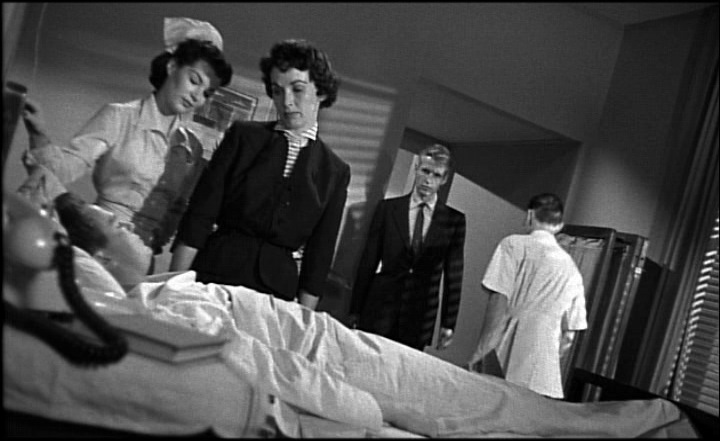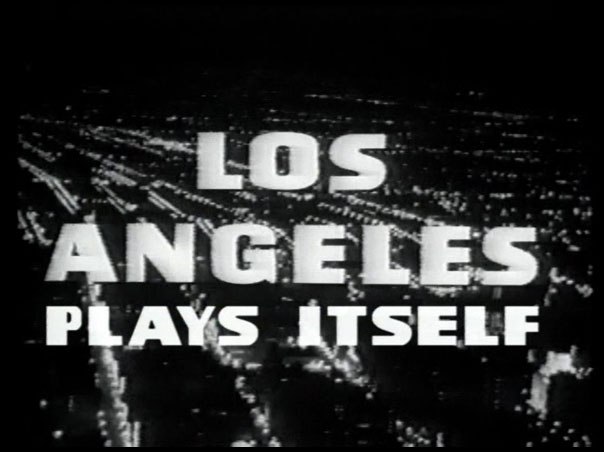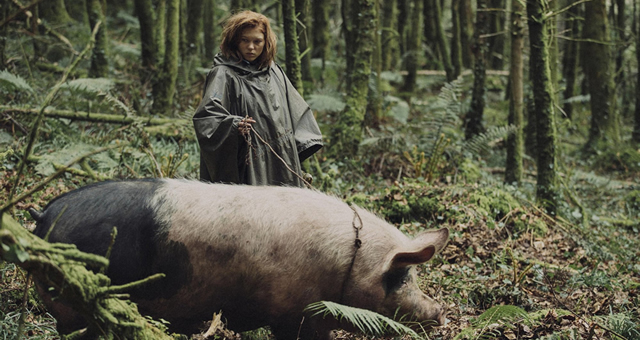
To anyone well aged and jaded, or fresh out of a Sundance screening, the term ‘coming-of-age’ drama is likely to engender a nervy shudder. There’s only so many varying ways to present a child’s realisation of who he/she is, or what he/she wants to be – at least, this belief has been instilled in us by many films within the genre; Jordan Vogt-Robert’s recent Kings of Summer is a prime example of a film that’s content to play things by the book, relying on a youthful humour to distract us from its thin, cautionary tale of humility. Other films, like the Palme D’or winner Blue is the Warmest Colour, apparently adopt a bolder approach in confronting true desires at the heart of a flowering emergence into adulthood (not that I’ve seen it yet, mind you).
Australian director Catriona McKenzie’s Satellite Boy is described in the programme as a film to ‘warm the heart and soothe the soul’, so it’s advisable to resist envisioning the filmmaker coupling these intentions with a challenging vision. McKenzie’s priority is to shoot an implausible adventure for kids, starring kids – notably little Pete, played by first-timer Cameron Wallaby. Pete lives a modest lifestyle in the Outback with his grandfather (David Gulpilil), though he daydreams over memories of sitting with his now-absent mother under the structure of a disused, abandoned drive-in cinema. This same location is under threat from the faceless Mainstay Constructions, whose inflexible demolition plans leave Pete and young friend Kalmain (Joseph Pedley) no choice but to reach the company’s headquarters and make a plea for their home’s survival. “I’ve only got three days to stop them!” says Pete. The set-up is simple, as is the ensuing execution.
Cue a whimsical bike ride across the desert shared between two jovial best friends, complete with a catchy recurring melody to see them on their way. The desert shots aren’t particularly artful; McKenzie isn’t interested in presenting this remarkable landscape in any sort of formal extravagance, too focused on the exploits of the boys whose growing bond to their environment as a means of survival enables Pete to respect the ties to his grandfather’s tradition. But his awe is reserved for the stars in the sky – synonymous with the magic lights of cinema – at which his grandfather also stares, praying for him to make his return. The film and its characters trade in old-school cinematic hope and wish fulfilment, despite their pragmatic routines.
The moral lesson for the young ones is to realise your roots, remain humble and accept your lot in life, no matter if it isn’t exactly how you had contemplated. It’s half-sound conclusion on dizzying childhood aspirations, giving credence to the disciplinarian disposition of Pete’s grandfather whilst offering the younger generation an assurance that they carry forward a unique tribute to their bloodline.
The fact that the film’s moral is already apparent to us from the start of the film makes it a tough slog for anyone older than a certain age. We know Pete’s dreams are unfounded and forever in flux – he quickly goes from aspiring restaurant owner to astronaut – and we therefore wait for the child to come around to everyone else’s way of thinking. Therein lies an implicit trust in the kids to carry the film towards a predictable conclusion, but the chemistry between the two young actors doesn’t always crackle and endear as it should, often sounding like words read straight from the script. Parents with kids may also want to make their minds up about one particular last-act, means-to-an-end action inside Mainstay Constructions: should their children deem it an acceptable method?
Ed Doyle

Visit the official website of the East End Film Festival for more info.



